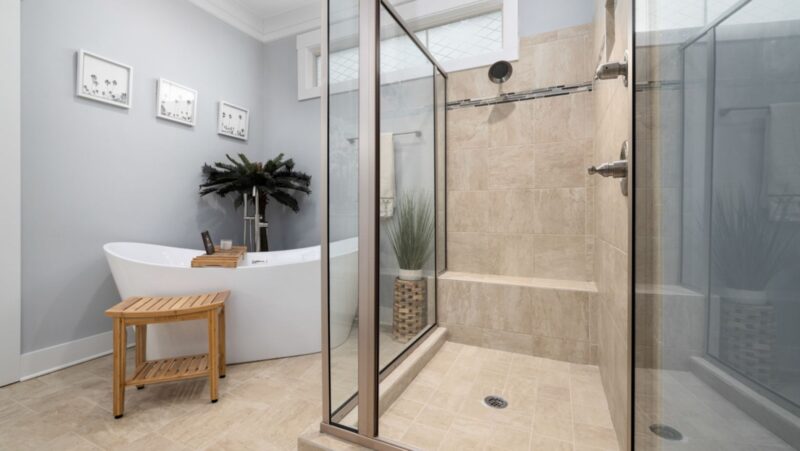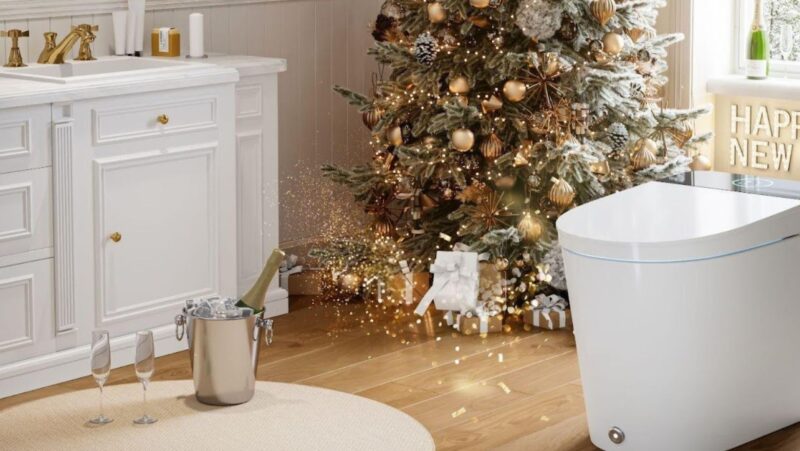
Selecting the Right Manufacturer of Bathroom Modules for Your Project is a pivotal decision that impacts the overall success of your project. I’ve learned firsthand that focusing on quality, durability, and cost-effectiveness from the outset saves considerable time and resources down the line. This guide will walk you through the essential factors to consider, from understanding manufacturing standards to evaluating materials and customization options. My goal is to help you navigate this process effectively, ensuring you make an informed decision that aligns with your construction needs.
How to Assess Quality Standards and Certifications in Modular Bathroom Production
When I’m choosing a manufacturer for bathroom modules, I always start by digging deep into their quality standards and certifications. Why? Because these aren’t just pieces of paper; they’re guarantees that the modules meet specific benchmarks for durability, safety, environmental responsibility, and even long-term cost-effectiveness. I’ve seen projects where neglecting these standards led to frequent repairs and higher maintenance costs down the line.

Here’s what I look for, turning it into a practical checklist:
- ISO 9001 (Quality Management): This certification tells me the manufacturer has a solid system in place to consistently produce high-quality products. Think of it as a baseline for operational excellence.
- ISO 14001 (Environmental Responsibility): In today’s world, environmental impact matters. This shows the manufacturer is committed to minimizing their footprint. Look for specific initiatives they’ve implemented.
- ISO 45001 (Occupational Health and Safety): This is crucial for ethical reasons and indicates a responsible manufacturer who cares about their workers’ well-being. It also suggests they adhere to strict safety protocols during production.
Beyond these, I also check for compliance with national building codes and fire resistance ratings. Don’t be afraid to ask for proof of testing, specifically certifications related to water resistance, load-bearing capacity, and hygiene. These tests ensure the modules can withstand daily use and meet health standards. A reputable manufacturer will readily provide this information. I’ve found that manufacturers reluctant to share this data often have something to hide.
Finally, I try to verify if they follow industry best practices. For example, prefabrication processes that reduce material waste and boost efficiency are a big plus. The best manufacturers optimize material usage during prefabrication, reducing waste and contributing to sustainability. Strong compliance translates to long-term reliability, reduced maintenance, and strict adherence to local regulations, which can save you headaches and money in the long run.
Evaluating Customization Options and Design Flexibility for Modular Bathrooms
One of the biggest advantages of modular bathrooms is the potential for customization. When selecting a manufacturer, I pay close attention to the range of options they offer. Look for modular bathroom solutions that offer a range of finishes, layouts, and configurations to accommodate various architectural styles, specific functional needs, and even compliance with industry-specific standards, like healthcare or hospitality.
Here’s what I consider essential, framed as key questions to ask the manufacturer:
- Adaptable Dimensions: Can they adjust the module size to fit my specific project needs? Don’t just accept a “yes.” Ask for examples of past projects where they’ve customized dimensions.
- Material Choices: What range of materials do they offer for walls, floors, and fixtures? Consider not just aesthetics but also durability and maintenance requirements.
- Fixture Integrations: Can they seamlessly integrate the fixtures I want, or am I limited to a pre-selected range? Ask about specific brands and models they can accommodate.
Customization should extend beyond aesthetics. I also look for options for plumbing layouts, electrical fittings tailored to specific appliances, and accessibility features compliant with ADA (Americans with Disabilities Act) standards. A manufacturer who supports bespoke designs and is willing to collaborate on modifications is invaluable. They can often provide value-engineered solutions that optimize space, maintain quality, and comply with regulations. They should also demonstrate flexibility in adapting to sustainable building practices and material choices.
Don’t be afraid to ask about:
- 3D Modeling and Visualization: Can they provide realistic renderings of the customized module? This helps you visualize the final product and identify potential issues early on.
- Prototyping: Can they create a physical prototype before full production? While it adds cost, a prototype can be invaluable for complex projects.
- Past Projects: Can they show examples of custom projects they’ve completed, especially those similar to yours? This provides evidence of their capabilities and experience.

Remember, the goal is to find a manufacturer who can bring your vision to life while adhering to your budget, timeline, and specific project requirements. Look for a manufacturer who not only offers customization but also understands the nuances of your industry and can adapt to your unique needs.
Choosing the right manufacturer of bathroom modules is crucial for ensuring quality, efficiency, and durability in your project: manufacturer of bathroom modules. From my experience, taking the time to thoroughly vet potential suppliers will pay off in the long run with a superior product and a smoother construction process. It also helps to visit their manufacturing facility to see their processes firsthand. I hope this helps!












